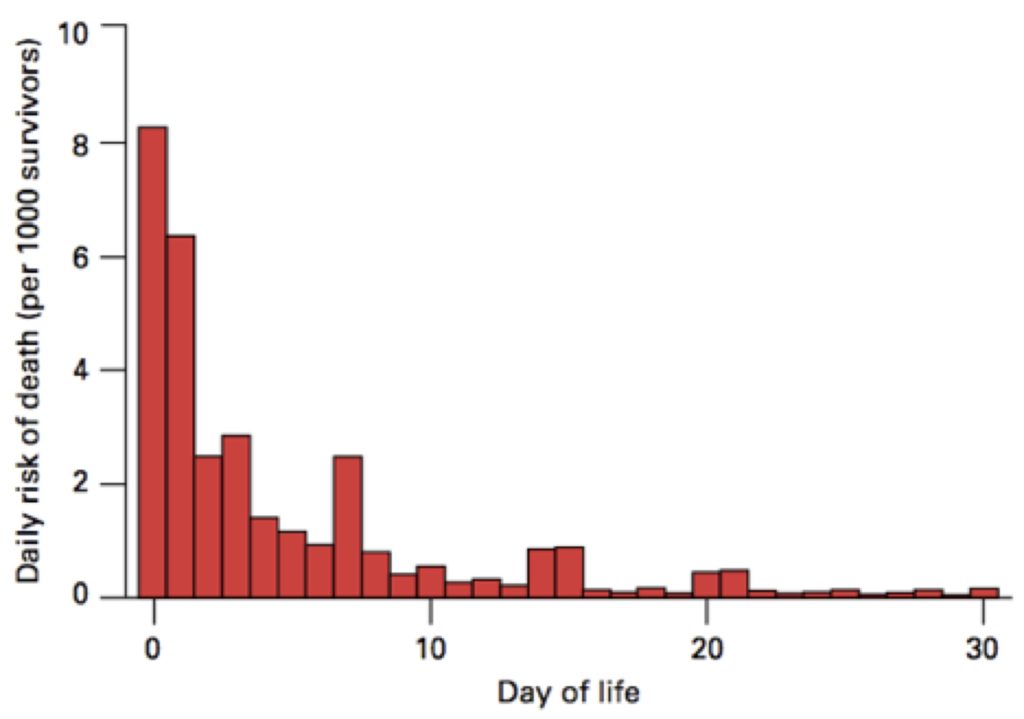
What was the most dangerous day in your life? Perhaps the first time you drove a car solo? Maybe a particular football or hockey game? Actually, around the globe, most deaths are childhood deaths, most of these occur shortly after birth. The first month is a uniquely vulnerable time, and one’s birthday is the most dangerous day of life.
This danger is especially great where poverty and societal unrest undermine the healthcare required by newborns and pregnant mothers. Poor diet, inadequate housing, and lack of sanitation compound the dangers. Worse yet, complex humanitarian emergencies often force these very vulnerable people to flee – further compromising the support they critically need. Just imagine, for example, the challenges facing mothers and infants at this moment in Haiti, Ukraine, Sudan, Yemen, Congo, and high-risk communities closer to your home.
Are you prepared to help people survive, even thrive, through the hazards of life’s most dangerous day? INMED can help. In Kansas City on Thu-Fri, May 28-29, INMED is offering hands-on skills courses in Helping Babies Breathe (ENC 1), Essential Care for Every Baby (ENC 2), Helping Mothers Survive and Obstetrics Ultrasound. These one-day learning experiences will specifically prepare you for the unique challenges of low-resource and cross-cultural settings.
While in Kansas City, please stay and join us for the 20th annual Humanitarian Health Conference from May 29, 5pm until Fri May 30, 5pm. At this event, equip yourself with life-saving skills, connect with like-hearted colleagues and classmates, and go with esteemed organizations serving humanity. CME is available for physicians. Students, Register for just $20 using coupon code “equip20”. Please note: This scholarship is only for medical students and first-time undergraduate students. Please register using your school-issued email address.
Reducing the jeopardy of life’s most dangerous day clearly requires more than professional health services. Broad interventions that address poverty and societal unrest must also be pursued. William Foege, an American epidemiologist who led the global strategy to eradicate smallpox, makes this point quite powerfully: “Child mortality is a measure of civilization … not just for countries with high child mortality, but also for countries that could have changed the situation.”
But while awaiting these important advances, we healthcare professions have opportunities this year to prepare ourselves and step out in service to mothers and newborns in peril.
